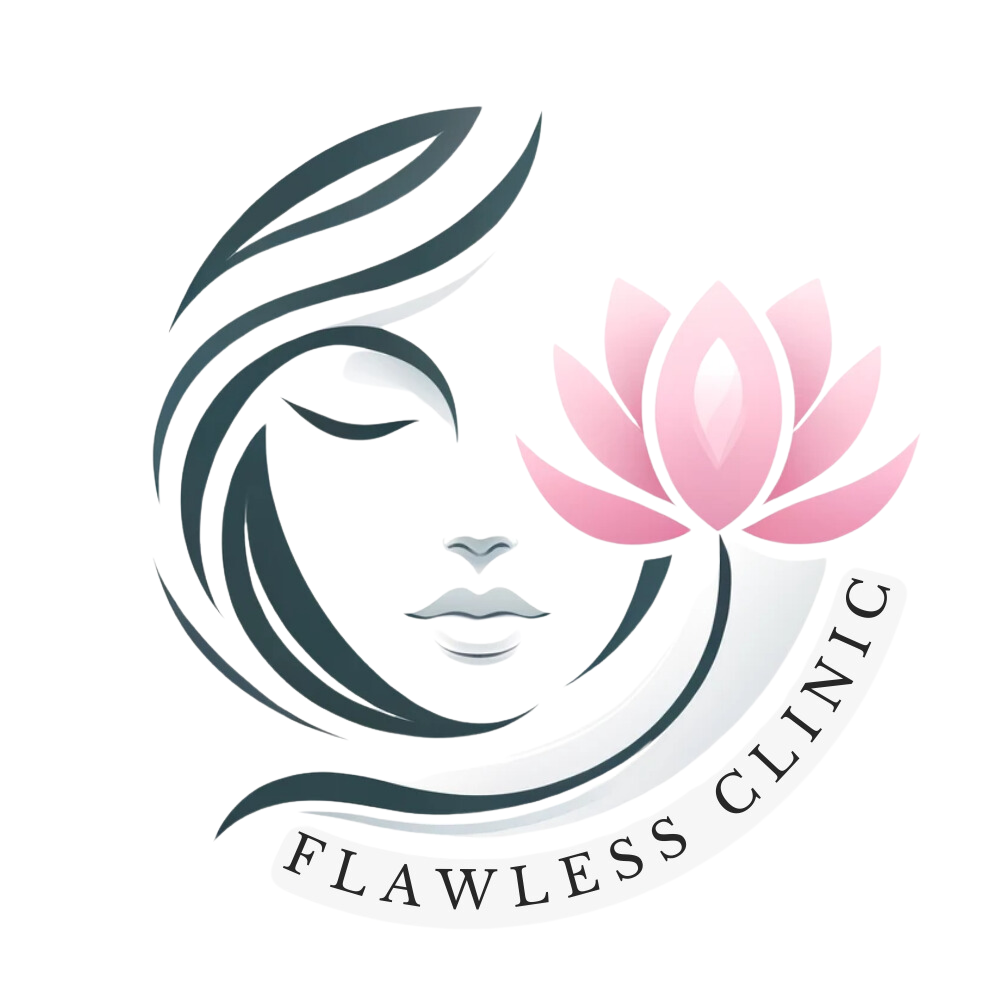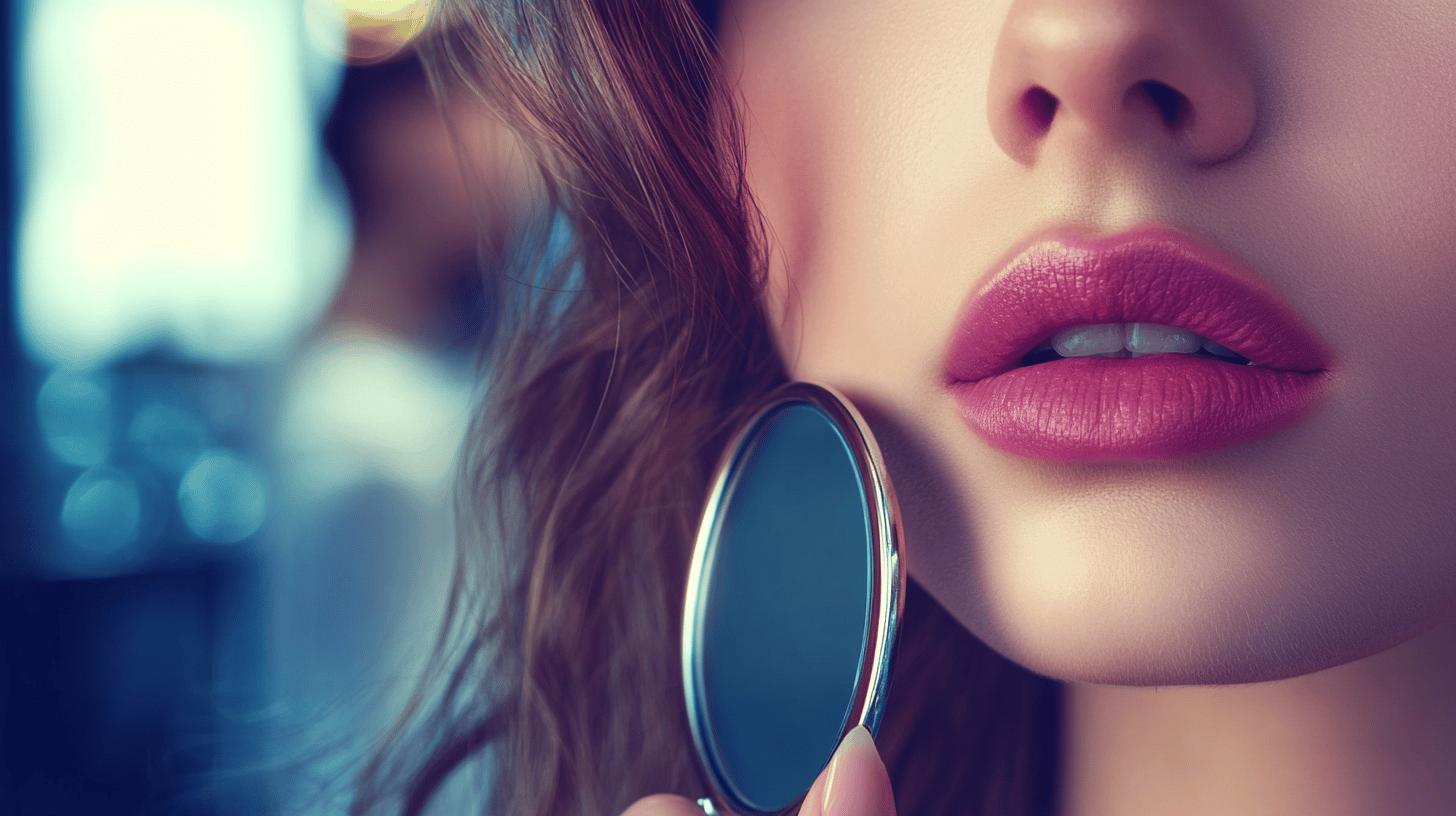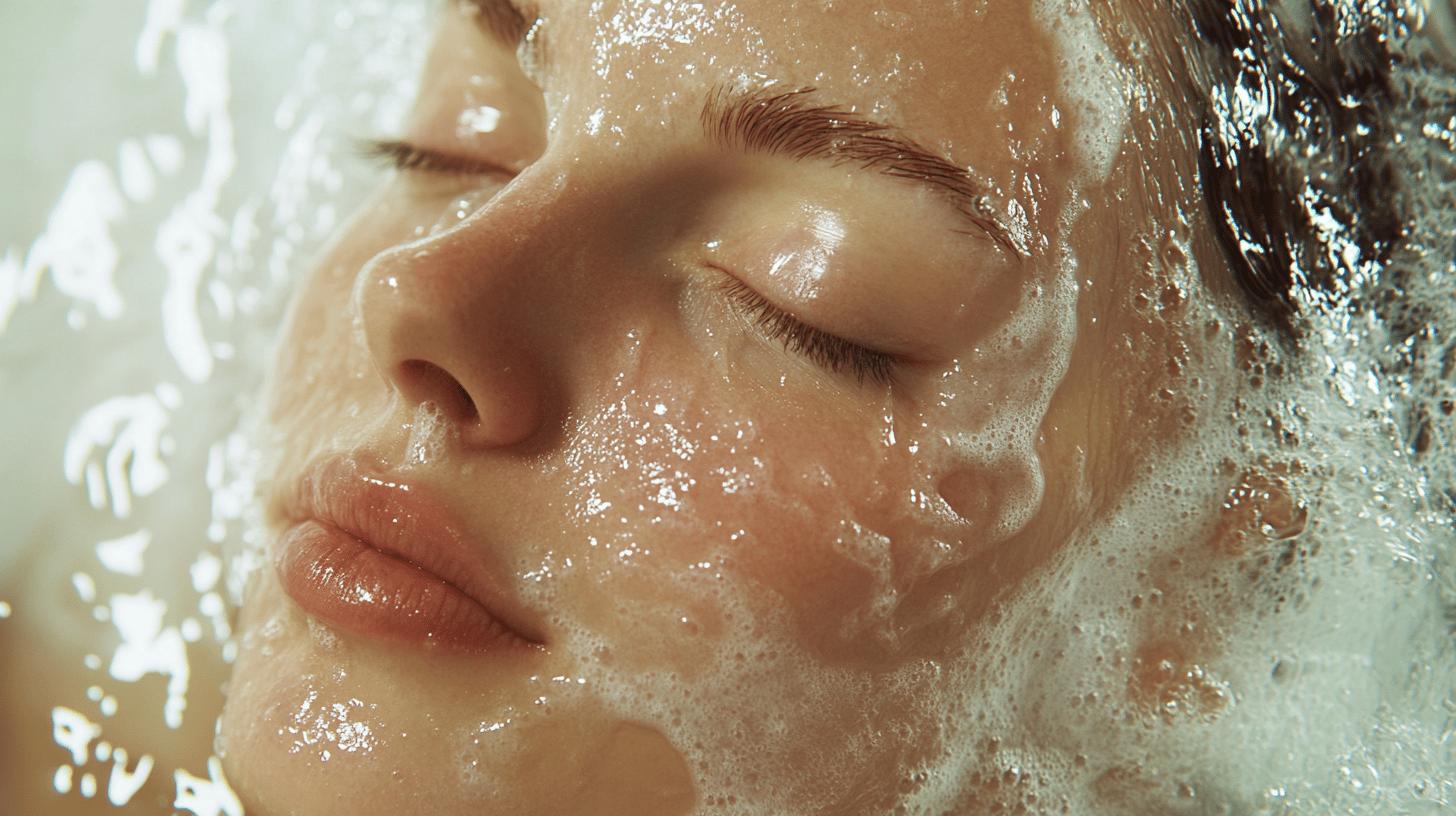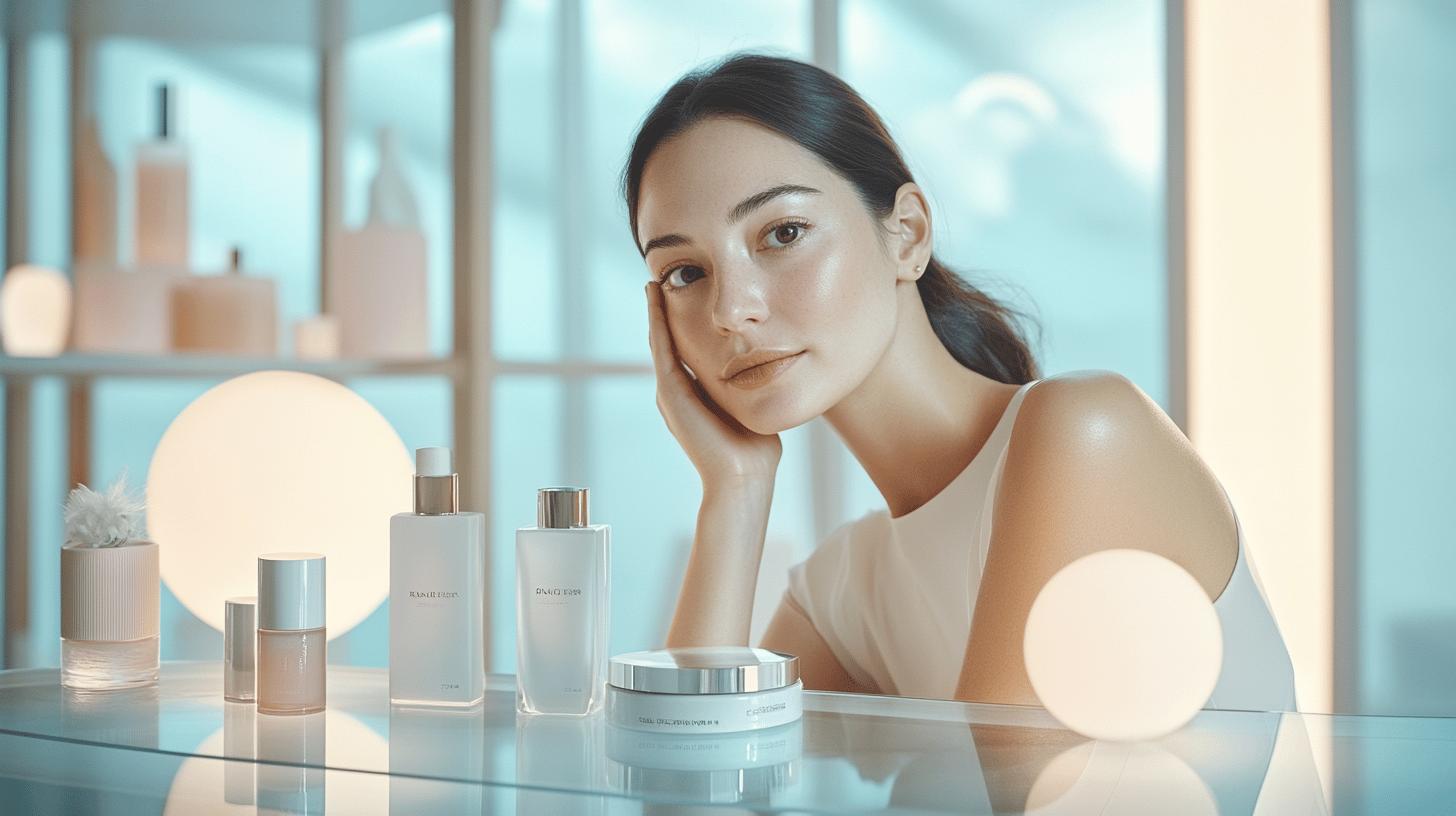Have you ever wondered how the pursuit of beauty could dramatically alter one’s sense of self? In today’s world, aesthetic treatments have become more than just an enhancement to our looks; they are a tool for boosting self-confidence. Exploring the psychology behind aesthetics reveals fascinating insights into how such treatments can transform self-perception and elevate self-esteem. This article delves into the psychological effects and benefits of aesthetic treatments, shedding light on why they have become essential for individuals seeking to enhance both their beauty and their confidence.
Understanding the Psychology of Aesthetics
Aesthetic psychology examines how beauty treatments affect an individual’s self-perception and emotional wellbeing. The decision to undergo aesthetic treatments often stems from a desire to align one’s appearance with personal or societal beauty ideals. These treatments, whether surgical or non-surgical, can profoundly influence self-confidence and self-esteem. When individuals perceive improvements in their appearance, this can lead to enhanced self-perception, contributing to a more positive self-image.
Motivations for seeking aesthetic treatments vary widely among individuals. While some pursue these procedures to correct perceived imperfections or combat the signs of ageing, others may be influenced by external pressures, such as societal expectations or media portrayals of beauty. Understanding these motivations is essential, as treatments driven by intrinsic desires tend to yield higher satisfaction levels. Conversely, those influenced by external pressures may experience less fulfilment, highlighting the need for personal reflection before undertaking aesthetic procedures.
- Increased self-esteem
- Improved body image satisfaction
- Temporary confidence boost
- Potential for disappointment
- Importance of realistic expectations
Recognising the motivations behind seeking aesthetic treatments is crucial in ensuring positive psychological outcomes. Personal motivations that are rooted in self-care and self-improvement often result in greater satisfaction. It is vital for individuals to set realistic expectations and understand that while aesthetic treatments can enhance appearance, they are not a panacea for deeper self-esteem issues. Emphasising informed decision-making and self-awareness can lead to a more fulfilling experience and better psychological results.
Aesthetic Treatments and Self-Confidence Boosters
Aesthetic treatments such as Botox, dermal fillers, and plastic surgery have become popular choices for those seeking to boost self-confidence. These treatments can offer immediate effects, smoothing wrinkles, enhancing facial contours, and rejuvenating the skin. By aligning one’s appearance with personal or societal beauty ideals, individuals often experience an instant uplift in their overall self-esteem. This immediate enhancement in appearance can lead to a more positive self-image, encouraging individuals to feel more confident in social and professional settings.
In a 2013 study, 87% of participants reported a boost in self-confidence following aesthetic treatments. This statistic underscores the psychological impact these procedures can have, highlighting how they can contribute to an individual’s confidence growth. The alignment with societal beauty standards often plays a significant role, as individuals feel more accepted and appreciated when they perceive themselves as fitting these ideals. While the psychological benefits are evident, it is crucial for individuals to maintain realistic expectations to ensure a balanced and healthy approach to aesthetic enhancements.
The Psychological Impact of Beauty Standards

The influence of media and societal standards on beauty perceptions is profound, often shaping how individuals view themselves and their desirability. Constant exposure to idealised images can lead to feelings of inadequacy and low self-esteem. These societal benchmarks often dictate what is considered beautiful, pushing people towards aesthetic treatments to align with these ideals. This pursuit of perfection can cause tension between personal identity and external expectations, impacting mental health and self-perception.
Social media’s role in perpetuating beauty standards cannot be overlooked. Platforms like Instagram and Snapchat offer filters that can drastically alter appearances, setting unrealistic expectations. These digital enhancements create a distorted view of beauty, leading individuals to seek treatments that mimic these virtual ideals. The pressure to maintain these appearances can result in a continuous cycle of dissatisfaction, where the pursuit of an unattainable standard affects self-confidence and body image.
Interestingly, there is a growing trend towards embracing natural beauty, with subtle enhancements becoming increasingly popular. This shift reflects a desire for authenticity and self-acceptance, where individuals opt for treatments that enhance rather than alter their natural features. Such treatments focus on subtle improvements, promoting confidence by highlighting one’s inherent beauty. This trend signifies a move away from drastic changes towards a more balanced approach to self-enhancement.
Practitioners play a critical role in addressing the mental health impacts associated with beauty standards. By conducting thorough consultations, they can help patients set realistic expectations, ensuring that the desire for aesthetic treatments is rooted in personal goals rather than societal pressures. It is crucial for practitioners to guide patients responsibly, encouraging them to focus on self-acceptance and mental well-being rather than solely on external appearance. This approach promotes a healthier relationship with beauty and self-image, fostering long-term confidence and emotional stability.
Balancing Aesthetic Treatments and Emotional Wellbeing
Relying solely on aesthetic treatments to address self-esteem issues can lead to unsatisfactory outcomes. While these treatments offer visible enhancements, they do not inherently resolve deeper emotional concerns. Experts caution that individuals who depend entirely on aesthetic procedures for confidence boosts may face disappointment if the results do not meet their expectations. This reliance can also mask underlying psychological challenges, such as low self-worth or body dysmorphia, which require more comprehensive approaches to address effectively.
Integrating complementary therapy and self-care practices with aesthetic treatments can significantly enhance emotional well-being. Therapy provides a supportive environment to explore and address the psychological motivations behind seeking cosmetic enhancements. It can help individuals develop a healthier self-image by promoting a deeper understanding of their self-worth beyond physical appearance. Self-care routines, including mindfulness and relaxation techniques, contribute to overall mental health, ensuring that aesthetic transformations are a part of a holistic approach to self-improvement.
- Engaging in therapy
- Practising self-care routines
- Setting realistic expectations
- Encouraging self-love and affirmations
Self-love and affirmations play a crucial role in maintaining a balanced approach to aesthetic treatments. Embracing positive self-talk and nurturing an appreciation for one’s unique features can foster a more profound sense of self-acceptance. These practices encourage individuals to celebrate their natural beauty, reinforcing the idea that while aesthetic treatments can enhance physical appearance, true confidence stems from self-compassion and a positive self-perception. By integrating these elements, individuals can achieve a healthier balance between external enhancements and internal well-being.
Real-Life Anecdotes and Case Studies on Self-Confidence
Anecdotal evidence plays a significant role in understanding the psychological impact of aesthetic treatments on self-confidence. These personal stories provide insights beyond clinical studies, offering a human perspective on the benefits and drawbacks of undergoing cosmetic enhancements. By examining real-life experiences, individuals can gain a clearer understanding of how such treatments might influence their self-perception and emotional well-being. These narratives serve as valuable resources for those considering aesthetic procedures, helping to set realistic expectations and understand potential outcomes.
Many individuals report positive experiences following aesthetic treatments, often describing them as life-changing. For example, a person who undergoes a rhinoplasty might feel a newfound sense of self-assurance, enabling them to engage more confidently in social interactions. Such transformations can enhance one’s professional life and personal relationships, as increased self-esteem often translates into improved communication and assertiveness. These positive results highlight the potential for aesthetic procedures to significantly boost an individual’s confidence and overall quality of life.
Conversely, not all experiences with aesthetic treatments result in satisfaction. Some individuals encounter negative outcomes, such as disappointment when results do not align with expectations. For instance, a person expecting dramatic changes might feel let down by a subtle enhancement, leading to feelings of regret or frustration. These cases underscore the importance of having realistic expectations and a thorough understanding of the limitations and potential results of treatments. The emotional impact of unmet expectations can complicate one’s self-esteem and body image, demonstrating the need for careful consideration before proceeding with cosmetic procedures.
Personal stories are crucial in comprehending the psychological effects of aesthetic treatments. They provide authentic insights into the diverse outcomes that individuals may experience. These anecdotes emphasise the importance of personalized consultations and the need to align treatment goals with personal aspirations and realistic expectations. Understanding the nuanced experiences of others can guide potential patients in making informed decisions, ultimately leading to more satisfying and psychologically beneficial results.
Final Words
Exploring the psychology underlying aesthetic treatments reveals their significant influence on self-confidence and self-perception. While many individuals report improved self-esteem and body satisfaction, it is vital to understand personal motivations to ensure realistic expectations and satisfaction with results.
Societal standards heavily influence treatment choices, yet careful selection and understanding of these motivations can aid in achieving desired outcomes. Balancing treatments with emotional wellbeing practices, such as therapy and self-care offer a comprehensive approach to enhancing self-confidence.
Personal stories and experiences shed light on diverse outcomes for individuals seeking aesthetic enhancements. By understanding The Psychology of Aesthetics: How Treatments Impact Self-confidence,
people can make informed decisions to boost their self-image positively.
Boost your confidence – Explore Flawless Clinic’s transformative aesthetic treatments today!
FAQ
What are the psychological effects of aesthetic treatments?
Aesthetic treatments can have several psychological effects, including increased self-esteem, improved body image satisfaction, a temporary confidence boost, potential disappointment, and stress the importance of realistic expectations.
How do aesthetic treatments affect self-confidence?
According to a 2013 study, 87% of participants reported a boost in self-confidence following aesthetic treatments like Botox and dermal fillers, primarily due to closer alignment with societal beauty standards.
What role do beauty standards play in psychological well-being?
Media and societal beauty standards can pressure individuals, often leading to low self-esteem and body dissatisfaction. These standards are frequently perpetuated by social media and filters, although natural looks are becoming more popular.
Why is it important to balance aesthetic treatments with emotional well-being?
It is essential to balance aesthetic treatments with emotional well-being because relying solely on such procedures for self-esteem issues can be insufficient. Complementary approaches like therapy, realistic expectations, and self-love practices should be integrated.
What should individuals consider before seeking aesthetic treatments?
Individuals should consider their motivations, particularly avoiding being driven by external pressures, which often result in unsatisfactory outcomes. Understanding personal motivations is key to achieving satisfactory treatment results and mental well-being.







